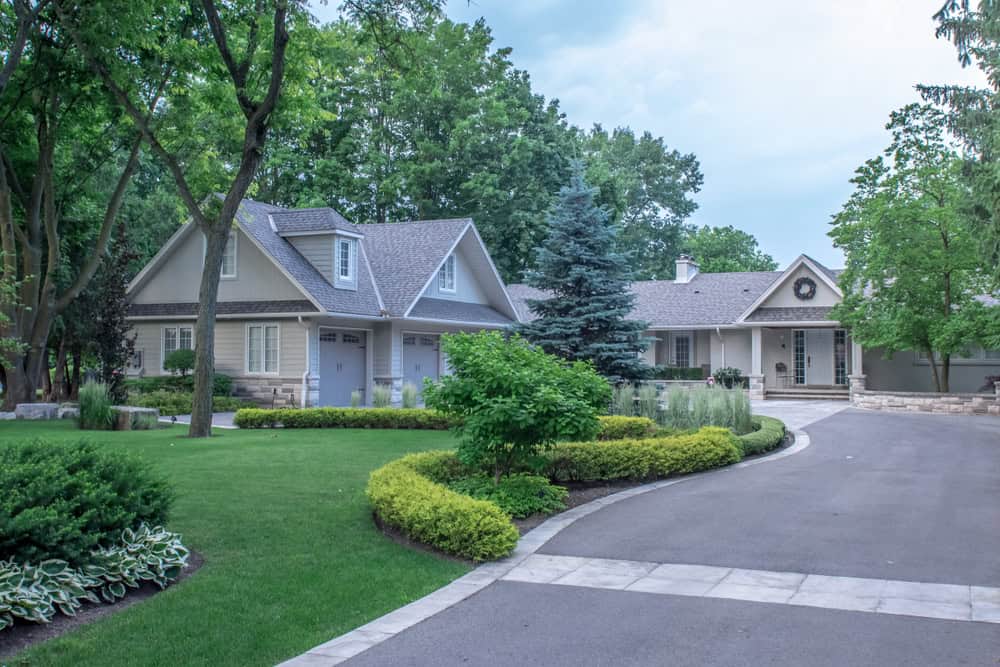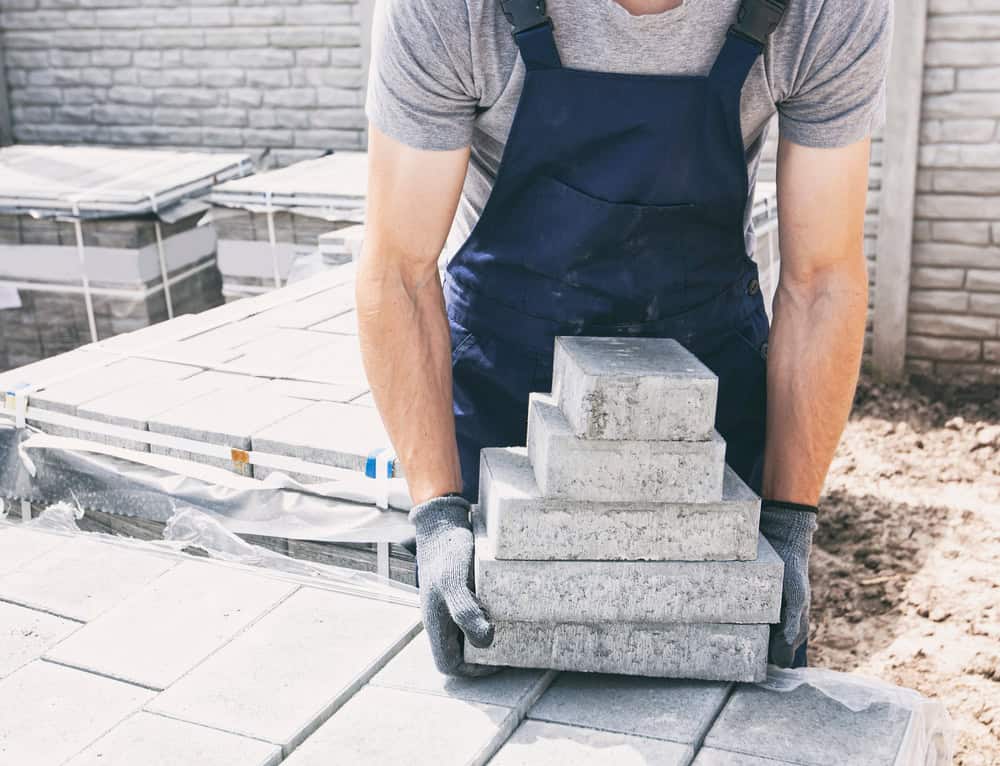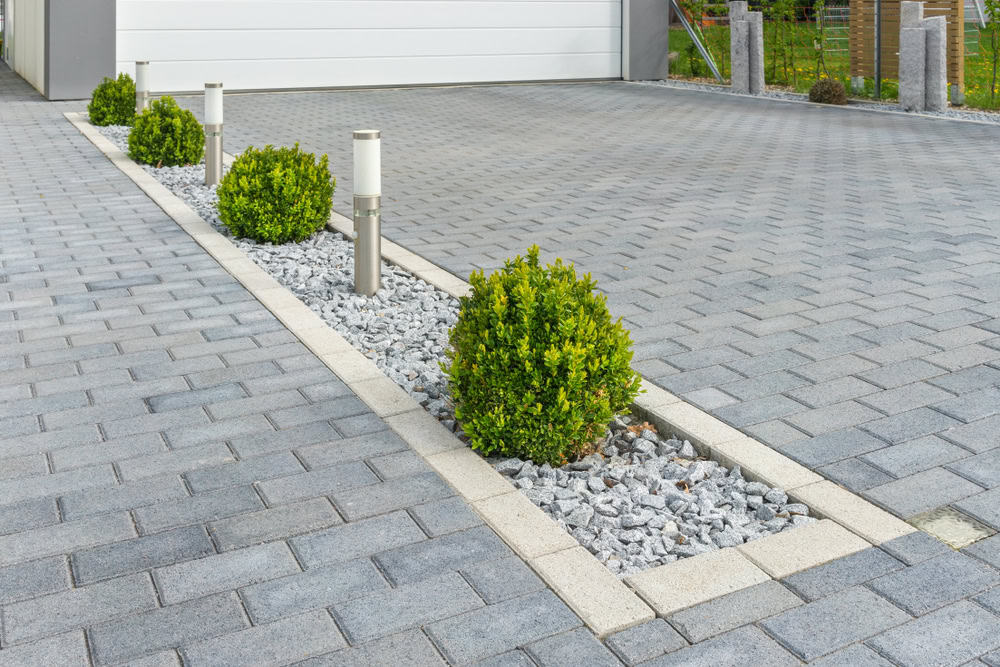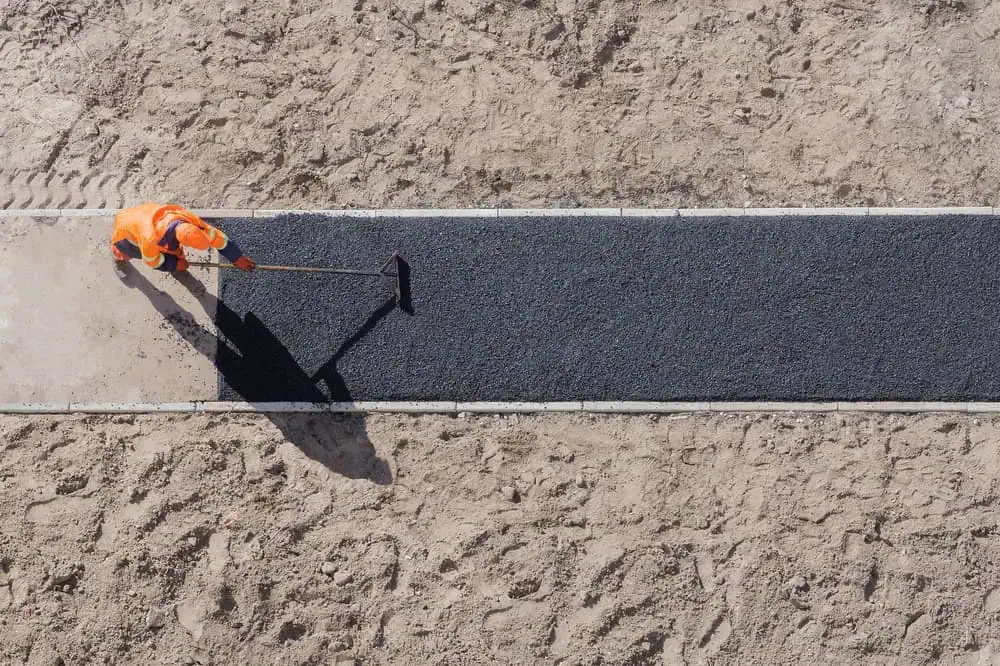Custom paver installation that enhances your property value and creates the outdoor living space you’ve been planning.


You want an outdoor space that actually adds value to your home and your daily life. Not another project that needs constant repairs or looks dated in five years.
Professional paver installation gives you exactly that. Individual stones that can be replaced if damaged, instead of cracking concrete that ruins the whole surface. Proper drainage that prevents pooling and ice formation during our Massachusetts winters.
The difference shows immediately and lasts for decades. Your patio becomes the place where you actually want to spend time, and your driveway makes the right first impression every single day.
Academy Masonry has been handling paver installations throughout Newton Centre and the surrounding areas for years. We understand the local soil conditions, drainage requirements, and the level of craftsmanship that Newton Centre properties demand.
Most paving problems happen because of poor base preparation or shortcuts during installation. We handle the foundation work that you can’t see but that determines whether your pavers will still look perfect in ten years.
Every project gets the same attention to detail, whether it’s a small walkway or a complete outdoor living area with patios and driveways.

First, we evaluate your space and discuss your goals. We measure everything, check drainage patterns, and identify any potential issues before we start digging.
Next comes excavation and base preparation. This is where most companies cut corners, but it’s the most important step. We remove the existing surface, grade for proper drainage, and install the compacted base that keeps your pavers level and stable.
Then we install the pavers according to your chosen pattern, cut edge pieces to fit perfectly, and apply the joint sand that locks everything in place. You can walk on your new pavers immediately – no waiting for concrete to cure.

Ready to get started?
We install brick pavers, concrete pavers, and natural stone – all selected for their ability to handle freeze-thaw cycles without cracking or shifting. You get to choose colors and patterns that complement your home’s architecture.
For Newton Centre properties, we often recommend permeable pavers for driveways and walkways. They handle stormwater runoff better than traditional surfaces and can help with local drainage requirements.
Every installation includes proper edge restraints and joint stabilization. These details matter when winter arrives and the ground starts moving. Your pavers stay put while concrete surfaces crack and heave.
